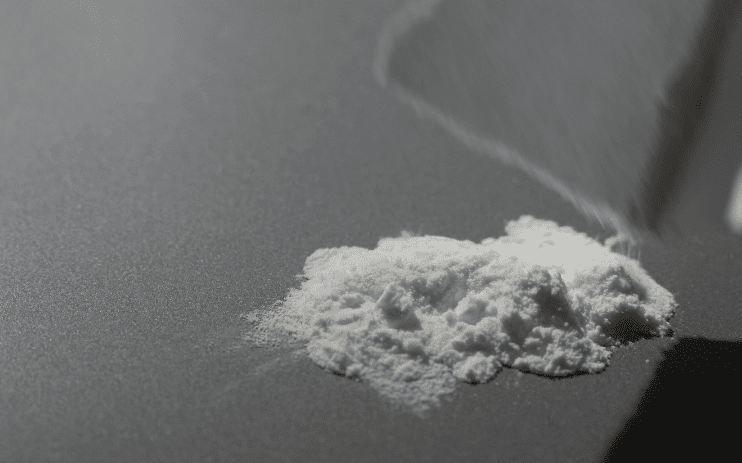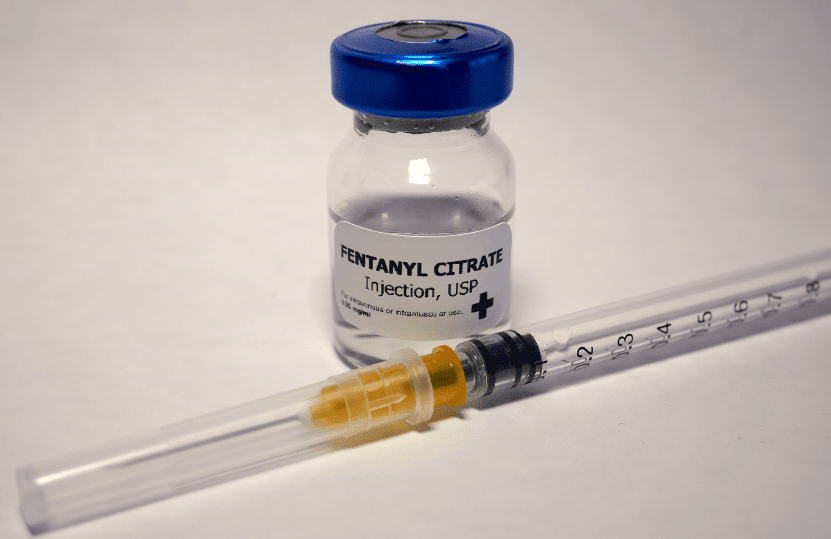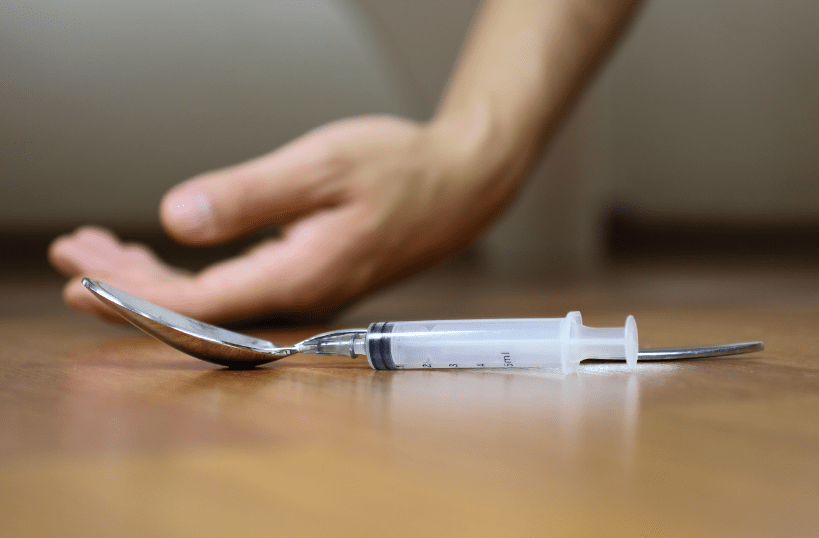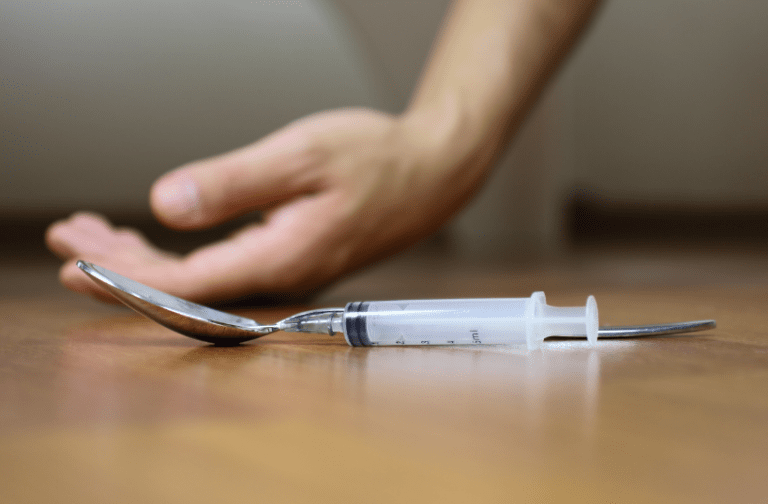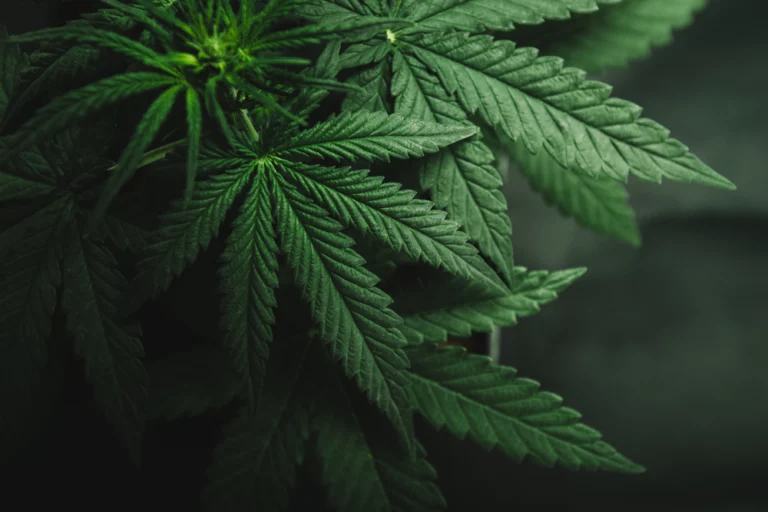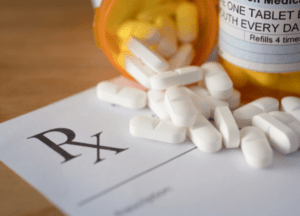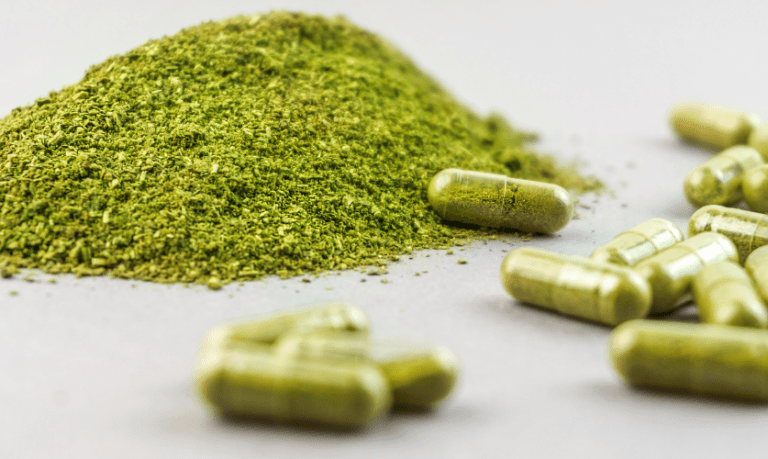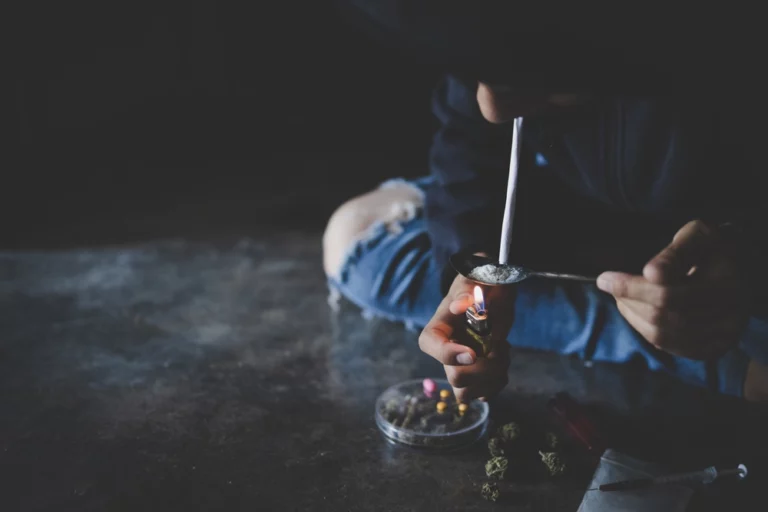Why Is Fentanyl So Dangerous?
Fentanyl—an extremely potent synthetic opioid—has been all over the news, and all over the illicit drug market, for several years now. Fentanyl was first developed in 1959, then was introduced in the 1960s as an intravenous anesthetic. Though it has been around for decades, its profound and fatal impact on humans didn’t really take off until the 2000s, when street use of fentanyl became more common.
Why Is Fentanyl So Dangerous?
The extreme potency of fentanyl is what makes it so dangerous. Fentanyl is 100 times more potent than morphine, and 50 times more potent than heroin. The danger these days, and what has resulted in the deaths of thousands of people, is that fentanyl is showing up in other drugs as well, often without a consumer being aware.
Because fentanyl is so potent, if a person believes they are using cocaine, but the cocaine happens to be laced with fentanyl, they could quickly and easily consume toxic levels, resulting in overdose and possibly death. It is not uncommon for other drugs, such as cocaine, heroin, MDMA, or methamphetamines, to be laced with fentanyl, and because fentanyl comes in the form of white powder, it blends seamlessly into many other drugs.
A more recent danger is the uptick in production and availability of fentanyl-laced pills. These pills can look exactly like prescription pills, but, as the Drug Enforcement Administration (DEA) states, “one pill can kill.” Many counterfeit pills are made to look like prescription opioids such as oxycodone (Oxycontin®, Percocet®), hydrocodone (Vicodin®), and alprazolam (Xanax®); or stimulants like amphetamines (Adderall®).
The DEA has seized 9.5 million counterfeit pills laced with fentanyl and methamphetamine in 2021, which is more than the last two years combined, and they have also released data stating that 4 out of every 10 pills with fentanyl contain a potentially lethal dose.
Fentanyl Effects
Fentanyl side effects may include:
- Relaxation
- Temporary feelings of euphoria
- A short-term, intense high
- Drowsiness
- Nausea
- Confusion
- Sedation
- Trouble breathing
- Unconsciousness
Like other opioids, fentanyl binds to opioid receptors, which are located in the area of the brain that controls emotions and pain. Fentanyl, however, is much stronger than most other opioids, and the risk of fatality is much higher. Beginning in 2015, deaths from fentanyl overdoses began to increase exponentially, while deaths from heroin overdoses began to slightly decline. Recently released data by the CDC show that drug overdose deaths reached a record high of 93,331 in 2020. This can largely be attributed to fentanyl.
Because fentanyl is showing up in so many other drugs, It is important to be aware of the signs and symptoms of a fentanyl overdose, even if you are using other drugs that you do not believe contain fentanyl.
Symptoms of fentanyl overdose include:
- Low blood pressure
- Limp body
- Cold, clammy skin
- Blue-colored lips and fingernails
- Decreased heart rate
If you suspect someone near you is experiencing a fentanyl overdose, it is urgent that you seek medical attention immediately. Drug use, in general, is more dangerous than ever— if you or a loved one are struggling with drug addiction, we can help you get treatment.
Addiction Treatment At Oasis Recovery
Addiction can affect anyone. If you or a loved one are currently living with addiction or alcoholism, help is available! We encourage you to reach out to the professionals at Oasis Recovery to learn more about our personalized treatment programs and mental health services. Oasis Recovery was founded from firsthand experience of addiction and recovery, with a mission of providing a space where people can heal from addiction in a compassionate, creative, open-minded, and heart-centered environment. We believe recovery is always possible. Our experts work with you to design a treatment plan that fits your needs. Common treatment programs include:
- Intensive Outpatient Programs (IOP)
- Full-time Addiction Treatment on campus
- Aftercare Services
Contact us today for more information about how our programs and services can help you get your life back on track.



